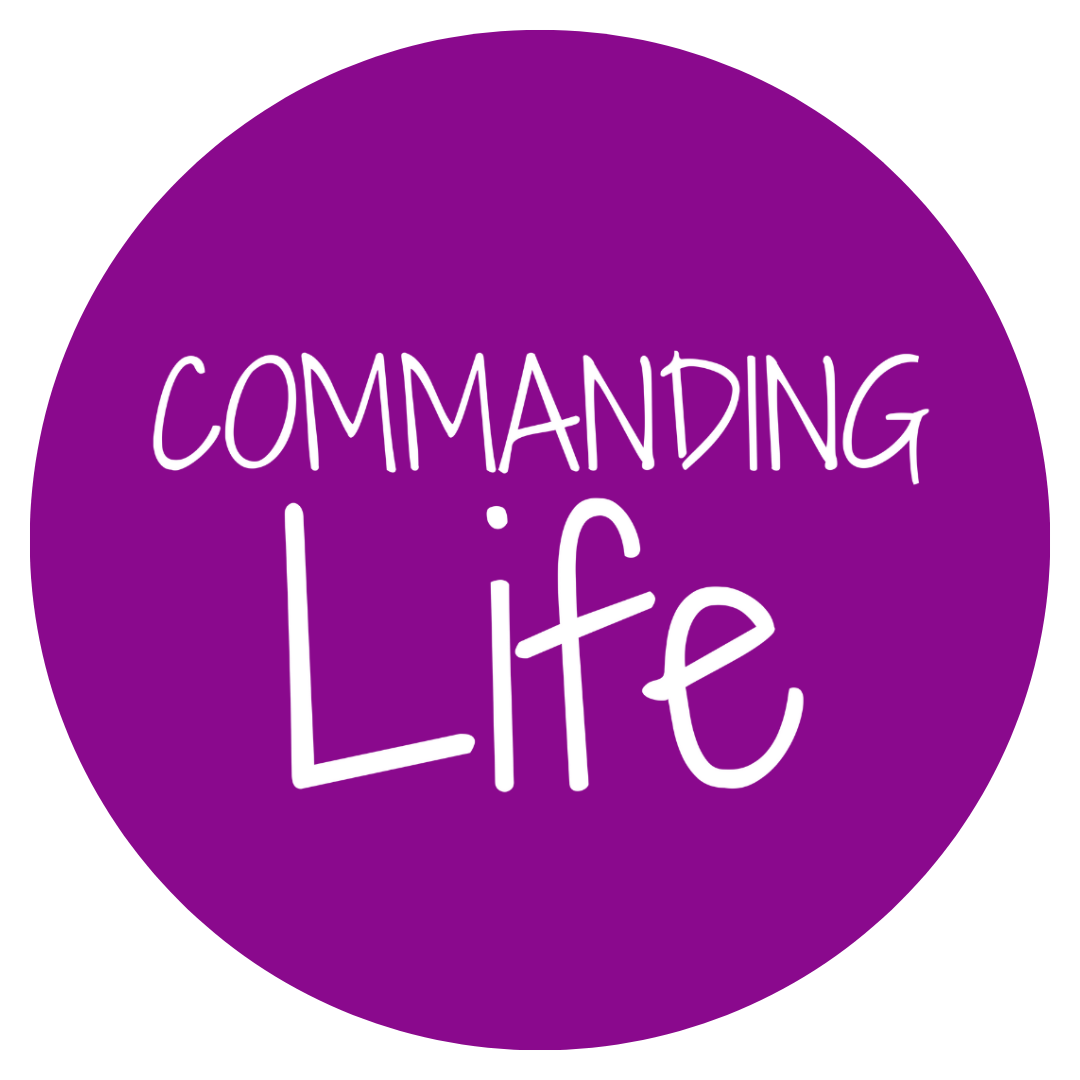
No one likes to be told what to do. Have you ever thought about how much of your actions are being influenced by what was done or said to you in the past? If what you believe about yourself is heavily swayed by your experiences, you are controlled by your thoughts. After all, if you are repeatedly told you are bad, not good enough, or not worth the time, then it must be true. All the past has done is convinced you to be something you are not, and this "brainwashing" can hinder your ability to go after your happiness.
First up, we need you to understand that what you experienced is not who you are. Disconnecting the influence of your past is essential to how you perceive yourself today. To make a change and separate the past and the present, you will need to "train your brain."
Training your brain is simply the mindfulness of your thoughts and taking action to counter, correct, and recreate the idea. Here are a few tips on how to retrain your brain.
1. Practice separation.
Thoughts like "I am just not good enough" are not helpful to your happiness. Negative views of who you are and what you deserve serve no purpose and won't get you from where you are to where you want to go. Understand they are only thoughts and not who you are. This helps you separate feelings from thoughts. After all, who said you could not change your mind?
2. Your thoughts aren't your feelings.
This is one of the central myths behind unhappiness. We are taught to believe that how we think is how we feel; thus, it is who we are. How you think is directly connected to creating feelings, but it is not how you feel. This is key. You may be considering a thought, but it is not your emotion.
Continuing on the thought, "I am just not good enough," ask yourself, where in that statement is a feeling? Many people have an idea, and then they attach a feeling to it. The above statement is typically attached to a feeling of unworthiness. The question to ask yourself is the thought really how you feel, or are you attaching a feeling?
3. Prove your thoughts wrong.
When you attach a feeling to your thought, this is the time you prove the thought wrong. The statement "I am just not good enough" should be dissected to find what action you take shows this? Was it what someone said, or is this what you believe? How can you verify this thought? What evidence do you have that this thought is correct? Ask as many questions here to help you separate the thought from your emotion. Remember, a belief is a thought you continue, you think, and it can be changed.
Challenge yourself to provide evidence that this statement is incorrect. Every time you successfully prove your negative perceptions wrong, you'll train your brain to see yourself in a different light. Over time, your mind will start to view who you are in a more accurate light. Remember, happiness takes practice.
4. Write it to fight it.
Another way to "train your brain" is through the visual exercise we call "write to fight." When you have a negative thought, write it down. There is power in seeing all your thoughts, good and bad, on paper. We don't want you to have a pity party; we want you to have a power party. Remove the power from the negative thought by writing it down, then rephrase it in a positive statement.
For example, "I am not good enough," rewrite it as "I am good enough." Practice restating on paper, and it will help you rephrase in your head. Write positive statements as many times as you need.
Keep Building your mental muscle.
It has taken you decades to create the thoughts you have, and it will take you decades to improve them. Just like with anything new, it will take time, repetition, and practice. We are all a work in progress; that is our purpose. We must work every day to be better.
Until next time.
The more you practice happiness, the better you become, and the more joyous your days. If you practice living life, you enjoy and understand it a little bit better. To make your happiness a priority, grab one of our journals today!
Use Code LOVE to save 15% sitewide.

